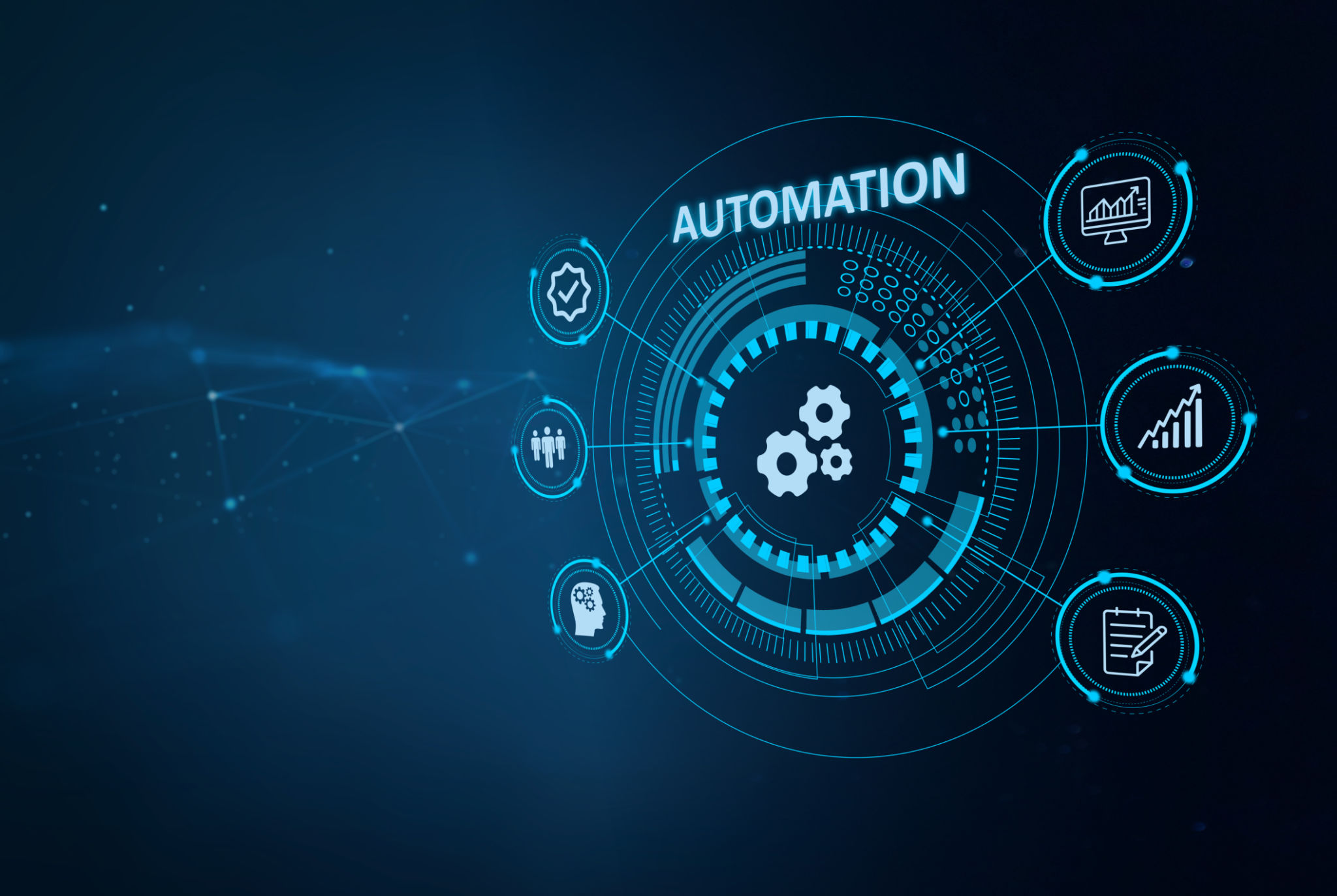The Future of Work: Embracing AI to Stay Ahead
The Role of AI in the Future Workplace
The landscape of work is evolving rapidly, driven by advances in technology and the increasing integration of artificial intelligence (AI) into everyday business operations. As organizations seek ways to remain competitive, AI is emerging as a powerful tool that can transform the workplace. By automating routine tasks, enhancing decision-making processes, and offering new insights, AI holds the potential to redefine how we work.
AI is not just about replacing human workers; it is about augmenting our capabilities and enabling us to focus on more strategic tasks. By leveraging AI technologies, companies can streamline operations, increase efficiency, and provide better services to their customers. This shift necessitates a change in mindset, embracing AI as a partner rather than a competitor in the workplace.

Automation and Efficiency
One of the primary benefits of integrating AI into the workplace is the ability to automate repetitive tasks. From data entry to customer service chatbots, AI systems can handle mundane activities with precision and speed. This automation frees up human employees to engage in more meaningful work that requires creativity and critical thinking.
Moreover, AI-driven automation can lead to significant cost savings for businesses. By reducing the need for manual labor in certain areas, companies can allocate resources more effectively, resulting in increased productivity and profitability. Automation also reduces the likelihood of human error, ensuring higher accuracy in tasks that require precision.

Enhancing Decision-Making
AI's ability to analyze vast amounts of data quickly and accurately makes it an invaluable tool for decision-making. Machine learning algorithms can identify patterns and trends that humans might overlook, providing data-driven insights that inform strategic decisions. This capability is particularly useful in sectors like finance, healthcare, and marketing, where timely and informed decisions are crucial.
By leveraging AI for predictive analytics, businesses can anticipate market changes, customer preferences, and other critical factors. This foresight allows companies to adapt their strategies proactively, staying ahead of competitors and meeting the evolving needs of their customers.

Challenges and Considerations
While the benefits of AI in the workplace are significant, there are also challenges to consider. One major concern is the impact on employment, as automation could lead to job displacement in certain sectors. To address this issue, businesses must invest in reskilling and upskilling programs to prepare their workforce for the changing job landscape.
Another consideration is the ethical use of AI. As AI systems become more prevalent, ensuring transparency and fairness in their application is critical. Organizations must establish guidelines and practices that promote ethical AI use, protecting both employees and customers.
The Path Forward
To stay ahead in the future of work, companies need to embrace AI as an integral part of their operations. This involves not only adopting the latest technologies but also fostering a culture of innovation and continuous learning. By encouraging employees to develop new skills and adapt to technological changes, businesses can create a workforce that is agile and resilient.
Ultimately, the future of work will be defined by those who can effectively integrate AI into their business models while maintaining a human-centric approach. By balancing technology with the unique capabilities of human workers, companies can harness the full potential of AI to drive growth and success.

